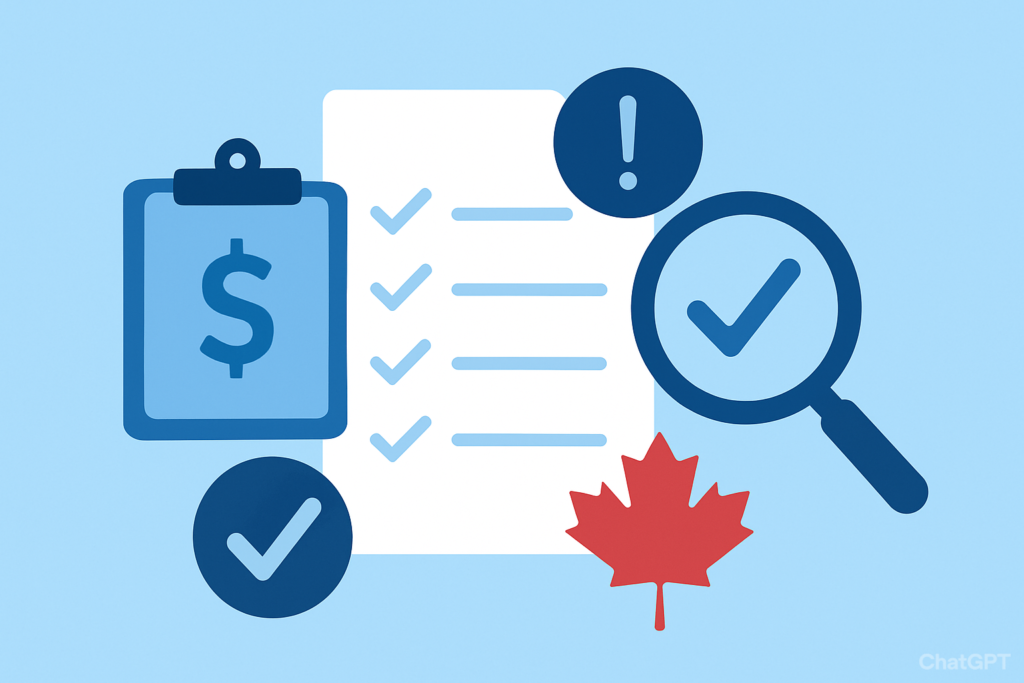
What Is MI 93-101?
Hi folks! Let’s talk about Canadian derivatives. Yes, the Canadian version of the U.S. product(s) that played a large role in causing the 2008 financial crisis.
Multilateral Instrument 93-101 is a Canadian rule that took effect in September 2024. It sets out standards for how companies that sell or advise on over-the-counter derivatives must behave. A derivative is a financial contract whose value comes from something else, for example, the price of wheat, the Canadian dollar, or a stock index. Farmers might use them to protect against price swings, while some investors use them to try to make a profit from market changes.
The new rule is meant to make this market safer, more transparent, and more honest. It requires firms to disclose key information, manage conflicts of interest, and treat clients fairly. Not everyone will notice the change right away, because firms have up to five years to fully comply, but the protections are now part of Canadian law.
How It Protects You
Under MI 93-101, a derivatives dealer or adviser has to give you clear written information before you enter into a deal. This includes explaining what the contract is, how it works, what it costs, and what risks you might face. They also have to explain how your money or collateral will be held and what could happen to it.
If you are considered a less experienced client, the firm must also make sure the product is actually suitable for you, based on your goals and your tolerance for risk. Even if you are treated as a more sophisticated client or “eligible derivatives party”, the dealer must still deal with you fairly, honestly, and in good faith.
Where the Rule Stops Short
It’s important to understand that MI 93-101 does not make derivatives risk-free. You can still lose money, sometimes more than you put in, if markets move against you. You might also face sudden requests for more collateral (called “margin calls”). And while firms are now held to higher standards, some of the protections don’t apply if you’re classified as a sophisticated client and agree in writing to waive them. The rule also doesn’t guarantee that the firm you’re dealing with won’t get into financial trouble itself.
How You Can Protect Yourself
To use derivatives safely under this new regime, always start by asking how the firm is treating you: are you considered an “eligible derivatives party” or not? If you are, ask what protections you may be giving up. Read contracts carefully, especially sections about collateral and margin, and ask the firm to explain in plain language what the worst-case scenario could be.
Be clear about fees and charges and if you don’t understand how the firm gets paid, press for an answer until you do. Keep copies of all documents, emails, and confirmations and don’t be afraid to get independent financial or legal advice if the product seems complicated. For example, if you are a small business hedging the price of fuel, consider asking your accountant or lawyer to review the contract before you sign.
Warning Signs to Watch For
There are some red flags that suggest you should walk away or at least get more information. If the firm is
![]() vague about risks,
vague about risks,
![]() pressures you to sign quickly,
pressures you to sign quickly,
![]() asks you to waive protections without a clear explanation,
asks you to waive protections without a clear explanation,
![]() unclear fees,
unclear fees,
![]() confusing statements, or
confusing statements, or
![]() unexplained changes in the value of your contract should also make you cautious.
unexplained changes in the value of your contract should also make you cautious.
If you suddenly get large or repeated margin calls that you weren’t expecting, it may mean the contract is riskier than you realized.
Also be wary if you can’t easily exit the deal or if the company has had regulatory problems in the past. In the world of derivatives, being careful early is far better than being surprised later.
What to Expect in the Future
Because firms have up to five years to fully comply (2029), you may notice more changes in how they communicate with you over time. Regulators will also continue to release guidance and updates to clarify the rules. Since Canada’s approach is designed to line up with international standards, global financial changes may also affect how the rules are applied here.
For now, the best way to protect yourself is to stay informed, ask questions, and recognize early signs of trouble. MI 93-101 makes the playing field safer, but ultimately it is your vigilance in knowing your rights, reading carefully, and seeking advice when needed that will keep you out of harm’s way.
DGB

Legal disclaimer: The material provided on this web site is for general information purposes only. It is not intended to provide advice.
Gig Worker or Self Employed Needs This

